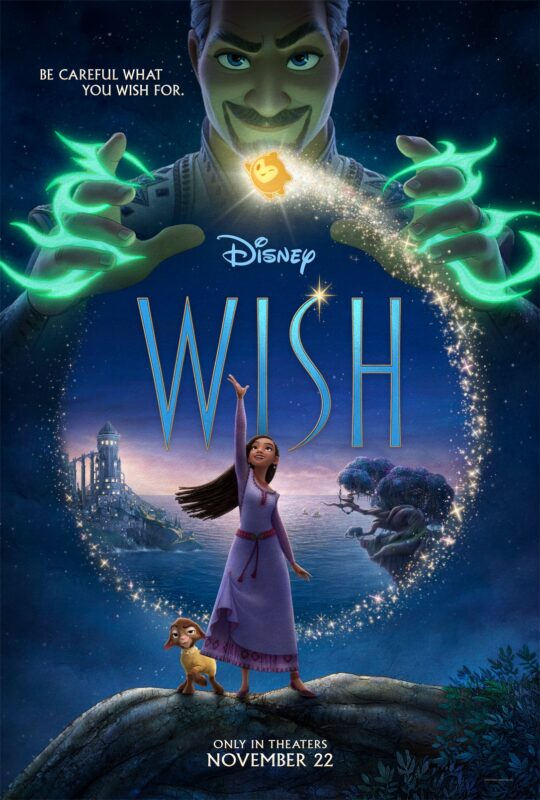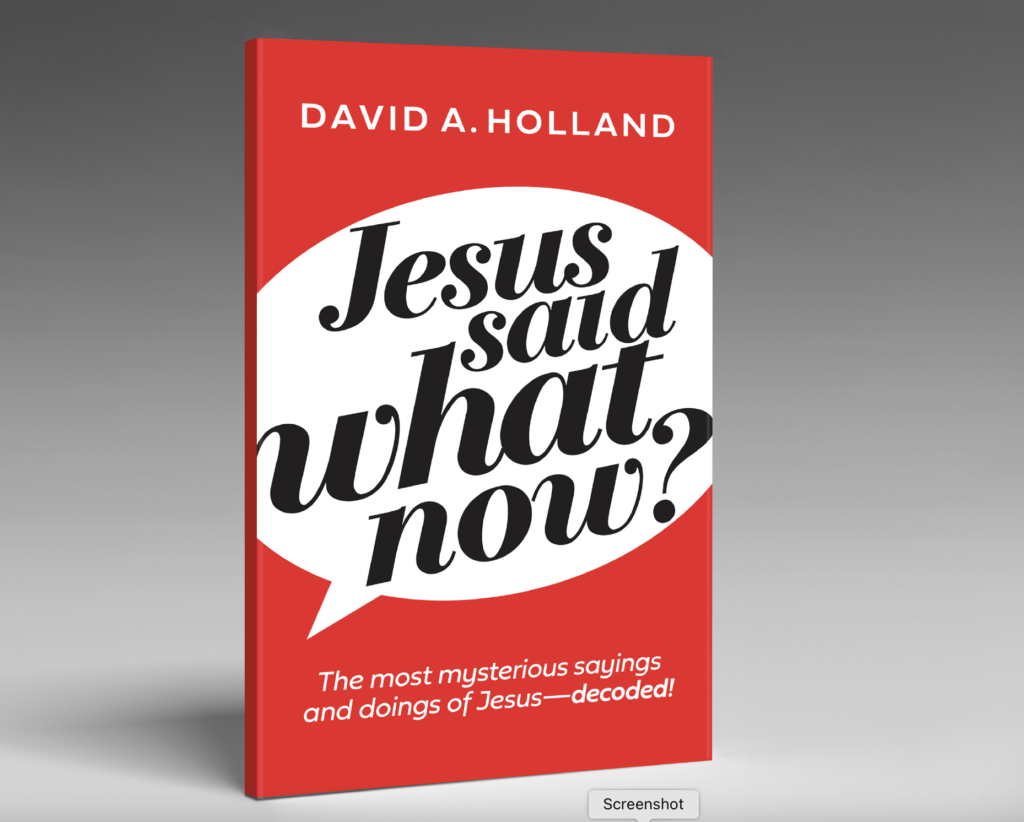
Okay this is just for fun. Don’t take this (or me) too seriously here.
Writing and storytelling is my chosen profession. I’ve studied the craft for roughly 40 years. One central thing I’ve learned is we humans are wired to receive and be influenced by story. I know that if I need to persuade you of something or sell you something, I’m much better off telling you a story than bombarding you with information (facts and data).
Jesus knew this. So do the best preachers and teachers. As do the best salesmen and propagandists.
Sometimes the storyteller isn’t fully aware of what he or she is selling. There are themes and agendas that can make their way into stories through psychological, subconcious, and even spiritual pathways.
I once invested several fascinated hours listening to Jordan Peterson unpack the biblical and Jungian archetypes embedded in the children’s story Pinnochio.
All of this, as my wife will attest, makes me always on alert for what script writers and documentarians are trying to sell me. We can’t watch anything on television without me dissecting the worldview, the assumptions, or the agenda of the creators. And a media creator without an agenda is the rarest of all birds these days.
Which brings me to a recent post of mine on Facebook about the trailer for Disney’s upcomng new children’s movie, Wish.
I know t will shock you to learn that I have some thoughts. But first, a couple of disclaimers.
- I’m not a fan of some online folks who seemingly specialize in trying to get people worked up, freaked out, alarmed, or enraged about {the current thing.} I’ve been pretty focused the last few years on getting my loved ones and friends to chill out a little. So for every one distressing or alarming thing I post, I try to post 20 or 30 uplifting, heartwarming, or funny things.
- Also . . . I’m not the guy who’s going to try to gin up a boycott. Sure, I quietly boycott a lot of companies and products that make it clear in various ways that they don’t want the business of my “ilk.” (I always wanted to have an ilk. Now it seems I do!) So I take them at their word. But I don’t need all my friends to join me in shunning them. I figure you can make those choices for yourself.
Having said that, I am a grandfather. And I have keen interest in what the popular culture is trying to sell my “littles” this week. So when the trailer for Wish popped up in a Twitter post this week, I watched it. What I saw stunned me. That’s not an exaggeration.
Before I continue, give it a watch.
Cute, right? Typical evil, powerful adversary being taken on by the unlikely protagonist. It’s as old a story as David vs. Goliath.
Actually, it’s a much older story than that.
Watch the trailer again, but this time mentially substitute the term “prayers” when you see “wishes” . . . and see if it doesn’t take on a different tone for you.
This isn’t David vs. Goliath. It’s Eve vs. God. (Seriously, Dave?) Stay with me, let’s break down the archetypes and symbolism here, Jordan Peterson style. Here’s what I saw in this two-minute, twenty-two second clip . . .
Exhibit A: The setting is an island off the coast of Spain. You have a King ruling a kingdom and a people called “Rosas.” The people are literally called “Reds.” In Genesis, the Hebrew word for “mankind” is a’dam (ruddy or red).
Exhibit B: The king has magical (supernatural) powers. And he loves to be adored (worshipped) by his subjects. (Is this a God archetype? And a patriarchial God stereotype, to boot?) Please note . . .
Exhibit C: All of king’s subjects send UP their wishes to the king so he can grant them. But not all wishes (prayers) get granted. The king’s explanation for this is that granting some wishes would not be in the best interests of the wishers.
Exhibit D: Our protaganist is named Asha. Asha happens to be a very important word/concept in the Zoroastrian religion that was prominent in Iran and parts of India before the Islamic conquest. In Zoroastrianism, Asha means truth or rightness or righteousness. The word/name has deep roots in ancient India and Iran, possibly rooted in myths about the cosmic conflict betwen truth and deception/lies.
Exhibit E: Asha is invited by the king to become an “apprentice.” An apprentice is a subordinate learner with delegated authority.
Exhibit F: Asha seems to learn that the king has selfish motives for refusing to grant everyone’s wishes. The King claims to be benevolent and have his subjects well-being in mind, but Asha seems to suspect that he’s really just holding out on everyone for his own vain purposes.
Exhibit G: Asha ends up under some sort of special, luminescent TREE. And there she interacts with a STAR. The brightest one in the sky. She sings: “So I look up to the stars to guide me. And throw caution to every warning sign . . .” We then hear her saying, “Last night I made a wish on a star. And the star answered!”
Exhibit H: The star comes down (falls?) and becomes her guide and empowerer in opposing the wicked king. (As you certinaly know, in biblical symbolism, “stars” represent both angels and fallen angels. And the leader of the fallen angels, Lucifer, is seemingly called a “morning star” in Isaiah 14:12. If this is indeed the veiled metaphor of the film, this chubby, adorable little star that becomes her new mentor (replacing the king) is the cutest “Lucifer” in movie history.
Exhibit I: Under the star’s direction, the newly empowered Asha begins to make “improvements” to the world. We hear the king say, “I believe I have just been threatened.” His queen asks, “Who would dare threaten you.”
Okay let’s sum this up.
Upon my first viewing I saw the metaphor of the Genesis account, but told from Satan’s twisted perspective. In Genesis a girl who had been invited to be the King’s image-bearer and apprentice is led to suspect that the King is holding out her and her fellow subjects. She questions his truthfulness.
A astral being appears and, at a tree, offers her what the King is deceptively withholding from her. Empowered by a different source of “magic” she will make everything better.
Of course, THAT is the big lie the first couple fell for and people have falling for ever since.
Am I imagining things? Perhaps.
Am I suspiciously imposing a narrative that isn’t there? Quite possibly! (But I think I come by my suspicions honestly.)
It’s only 2:22 out of a full-length movie. Will this analysis fall apart when the whole is revealed. I hope so!
All I know is that the Disney corporation has shown itself to be no friend of those who take the biblical narratives and revelation seriously as a source of truth and life. Quite the contrary.
I also know the enemy of our souls has a multi-milennia-long history of trying to portray our loving heavenly Father as precisely the kind of “king” we see in that trailer. Make of that whatever you will.
Again: My hope is that the trailer is tricking us into thinking the king is the bad guy. And that it will be revealed that the star is really the trickster here. It would make it a perfect and brilliant metaphor for the real Genesis story. But given that the folks who created Wish were behind Frozen, that’s a lot to hope for.
UPDATE: Here’s a reviewer for the San Diego Reader who saw precisely what I suspected from just watching the trailer. He says the movie “takes aim at the Judeo-Christian God.” Not surprisingly, the reviewer thinks this is a good thing.
And Amy Nicholson, a reviewer for the New York Times writes: “Oddly — and rather fascinatingly — this is a film about a spiritual revolution. Can Asha, a humanist, convince the islanders to reject the man in the embroidered robe who preaches that he alone is a conduit for miracles?”


